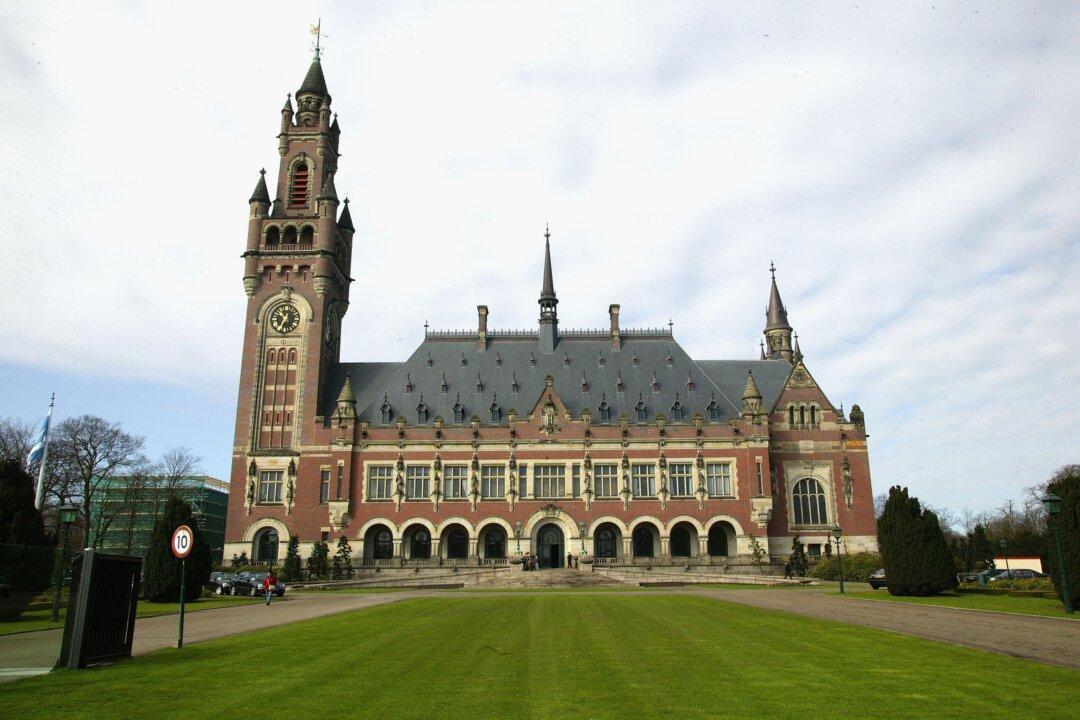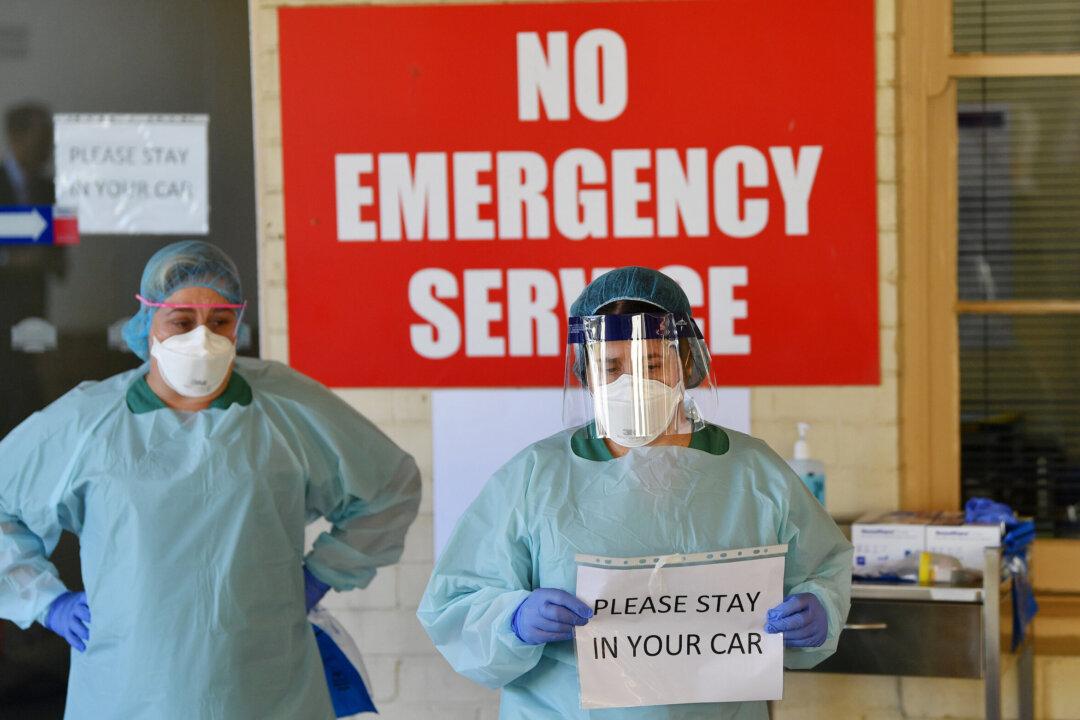Commentary
In the early hours of Feb. 12, after intense aerial strikes on Rafah and firefights in a crowded residential neighborhood, Israeli forces rescued two hostages who had been abducted on Oct. 7, 2023. Nearly 70 Palestinians were reportedly killed in the two-hour raid. Two mosques and more than a dozen houses were hit. One Israeli soldier was lightly wounded in the operation.





